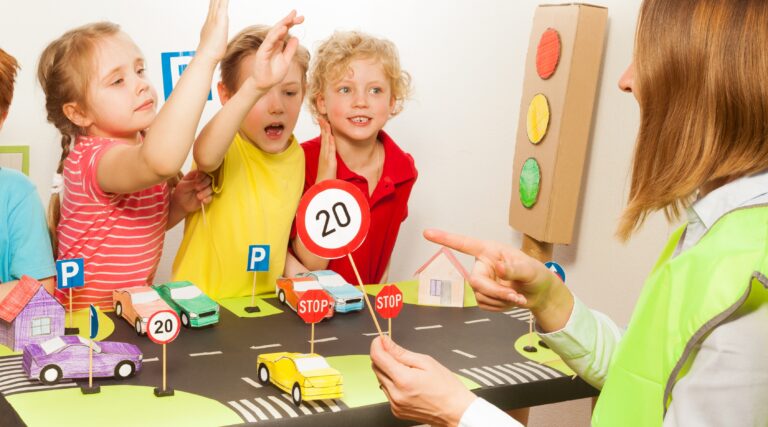The Importance of Role-Play in Developing Empathy and Social Skills in Young Children
Role-play is a powerful tool for developing empathy and social skills in young children. At Whiz Kidz Northmead, we recognise the value of role-play in helping children understand and navigate the complexities of human emotions and relationships. Here are some key reasons why role-play is important for young children:
Develops Empathy
\Role-play allows children to step into the shoes of others and see the world from different perspectives. This helps them develop empathy and understanding towards others, which is essential for building positive relationships.
Enhances Communication Skills
Role-play encourages children to communicate with others and express their thoughts, feelings, and ideas. This helps them develop language skills and learn how to communicate effectively with others.
Promotes Problem-Solving Skills
Role-play often involves scenarios where children need to solve problems and make decisions. This helps them develop critical thinking and problem-solving skills, which are important for everyday life.
Encourages Cooperation and Collaboration
Role-play often involves working with others to achieve a common goal. This promotes cooperation and collaboration skills, as children learn to work together and consider the needs of others.
Fosters Creativity and Imagination
Role-play allows children to use their imagination and creativity to create scenarios and characters. This helps them develop their creativity and imagination, which are important for overall development.
Builds Confidence
Role-play can help children build confidence in themselves and their abilities. By taking on different roles and trying out new behaviours, children can gain confidence in their social interactions.
Teaches Social Norms and Values
Role-play can be used to teach children about social norms, values, and expectations. For example, children can learn about the importance of sharing, taking turns, and being kind to others.
Provides Emotional Outlet
Role-play can provide children with a safe and constructive way to express their emotions. This can be especially beneficial for children who may have difficulty expressing their feelings verbally.
Enhances Self-Awareness
Role-play can help children develop self-awareness by allowing them to explore different aspects of their own identity and emotions.
Prepares for Real-Life Situations
Role-play can help children practice and prepare for real-life situations, such as dealing with conflict, making new friends, or expressing their needs and wants.
By incorporating role-play into our activities at Northmead Whiz Kidz, we can help children develop important social and emotional skills that will benefit them throughout their lives. Role-play is a fun and engaging way for children to learn and grow, and we are proud to make it a key part of our program.







